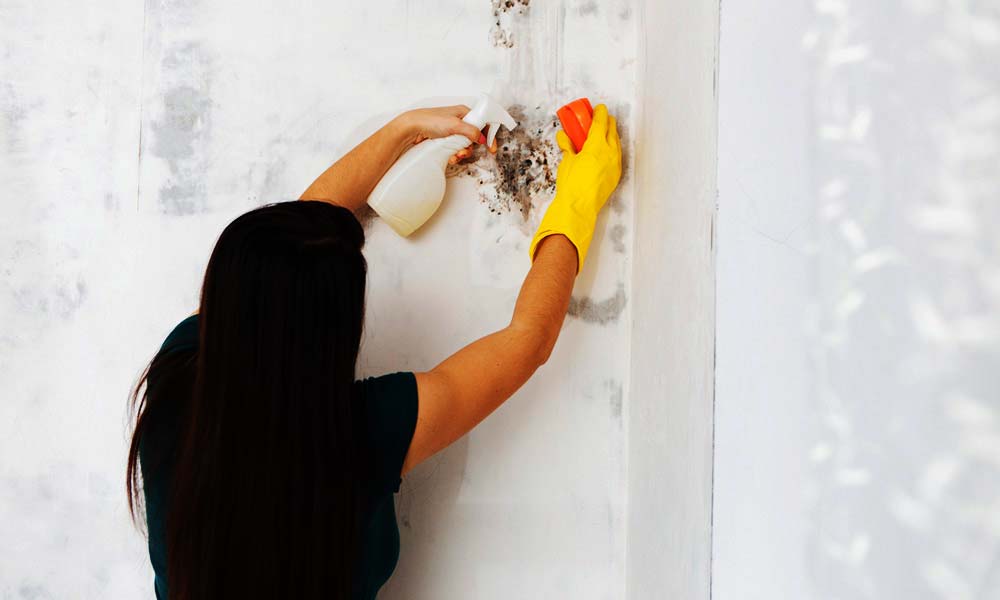Should you happen to oversee your own rental business, be it a single property or numerous units, it’s crucial to be well-versed in legal matters. It’s imperative to closely adhere to all rules and regulations pertaining to leasing contracts, your responsibilities, and your rights.
A landlord’s responsibilities regarding mold are generally not explicitly addressed in landlord-tenant statutes, regulations, or town ordinances. However, the statutes impose a duty on landlords to maintain safe and habitable premises.
This extends to the maintenance of roofs, windows, and pipes from which water can leak and cause mold.

What we cover
ToggleLandlord responsibility and rights in Hawaii
This is a set of laws that determines the relationship between landlords and tenants including the amount of rent and the security deposit, what responsibilities are placed on a tenant while the lease lasts, and more.
Landlords' duties due to repairs and maintenance
Landlords have a duty to act as soon as possible and make the necessary repairs and maintain their rental properties. Major problems, such as plumbing issues and heating, need to be handled within 24 hours.
An important thing to remember is that the landlords are required to provide advanced notice to the tenants before they can enter the tenant’s apartment. Without notice, a landlord is permitted to enter in the case of an emergency such as a serious water leak or a fire.
In some situations, state law dictates that the landlord provide 48 hours’ notice before entering the property, but a tenant can work out an agreement with their landlord to allow them to access sooner to fix a serious plumbing issue that can cause mold growth.
Rental property must be free from health hazards and dangers such as mold, lead, and asbestos.
Landlord access
Upon signing the lease agreement, the tenant acquires the exclusive right to use the apartment so the landlord does not have the right to enter the property except as defined by the terms of the rental agreement or state law.
Many states have laws that require a landlord to provide a minimum of 24 hours notice before entering the property, and they typically cannot enter without good reason.
Resource: See all state mold laws
Tenant’s responsibility and rights in Hawaii State
Tenants have a right to a habitable property legally referred to as an “implied warranty of habitability”. The implied warranty of legal standard of habitability is taken from the state statutes as well as local requirements and any local court decisions.
As a tenant, you have the right to live in a space that is fit and habitable. If it isn’t, or there is any damage during your tenancy, you have the right to contact your landlord without any repercussions and request that they fix the problems. Landlords are required to make repairs in a timely manner, especially for problems such as plumbing, safety, mold, or heating problems.
Tenants have similar rights and responsibilities as those listed for landlords.
Lease termination
Hawaii State has very specific procedures that control how a landlord can terminate a tenancy. This varies based on the reason for termination, which can include violating a clause in the lease of failure to pay rent.
Unconditional quit notices are enforced differently based on the infraction. Some states will enforce the notice immediately, and others won’t enforce it for 3 to 5 days.
What to do in case of failure to fix the mold problem?
If there is an issue with the property and you ask the landlord to abide by fair housing rights and fix the problem, he is under a legal obligation to do so. However, if they tried to fix the problem and you are not satisfied with the final result, you should reach out to them and request that they follow up before taking things into your own hands and withholding rent.
Mold disclosure law in Hawaii State
Under Hawaii State law, no seller may sell Hawaii residential real property unless prior to the sale of the Hawaii residential real estate property, a mold disclosure statement is:
- Signed and dated by the seller within six months before or ten calendar days after the acceptance of a Hawaii real estate purchase contract by the buyer;
- Delivered to the buyer no later than 10 calendar days from acceptance of Hawaii real estate purchase contract or other similar agreement for the sale or lease with the option to buy.













